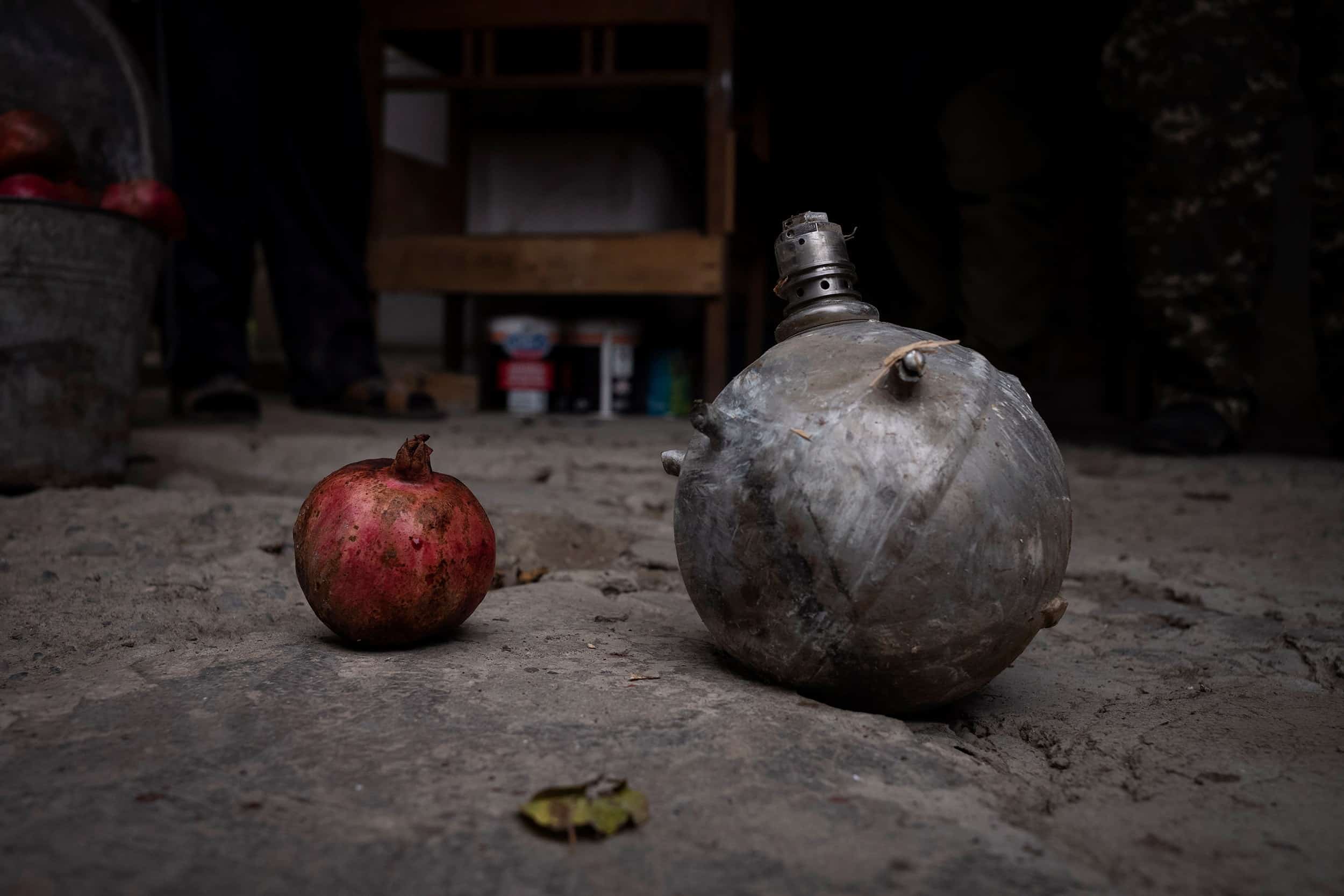HYPERALLERGIC DEVOTES ISSUE TO ARTSAKH AND ITS THREATENED LEGACY

Hyperallergic online art magazine, founded in 2009 by Veken Gueyikian and Hrag Vartanian, has devoted its latest edition to the threats to the Armenian legacy in post-war Artsakh as well overlooked aspects of Armenian identity.
Articles include a general introduction by Mr. Vartanian, “Artsakh: Cultural Heritage Under Threat.” Mr. Vartanian also dedicates an article to the month-long survey by photographer Scout Tufankjian of Artsakh after the Nov. 10 ceasefire.
Late art critic Neery Melkonian presents an eerie and quiet Artsakh as portrayed by photographer
Hrair Sarkissian. Mashinka Firunts Hakopian discusses the fate of Armenian heritage now trapped and under threat in the museums of occupied Shushi.
In an article about the Karabakh carpets, Hrag Avedanian explores how the cultural genocide policies pursued by Azerbaijan threaten the ancient Armenian art of carpet weaving. Historian Rachel Goshgarian delves into the multiple layers of identity in the Caucasus through a critical examination of the biography of Hasan Jalal Dawla, the Artsakh prince who built the monastery of Gandzasar in 1240.
A piece penned by art historian Christina Maranci analyzes the unusual iconography of mother and child in a 12th century or early 13th century khachkar in Handaberd, in the province of Karvajar. For her part, attorney Yelena Ambartsumian, a survivor of the Baku massacre of January 1990, explains why the Armenian cultural heritage threatens Azerbaijan’s claims to Nagorno-Karabakh.
Finally, Nevdon Jamgochian wonders if “artwashing” is helping Azerbaijan cleanse its image, spending millions on contemporary art and architecture; and Simon Maghakyan posits that an Islamic shrine built by an Armenian architect may offer an opportunity for bridging differences.
To read the issue, click here.
